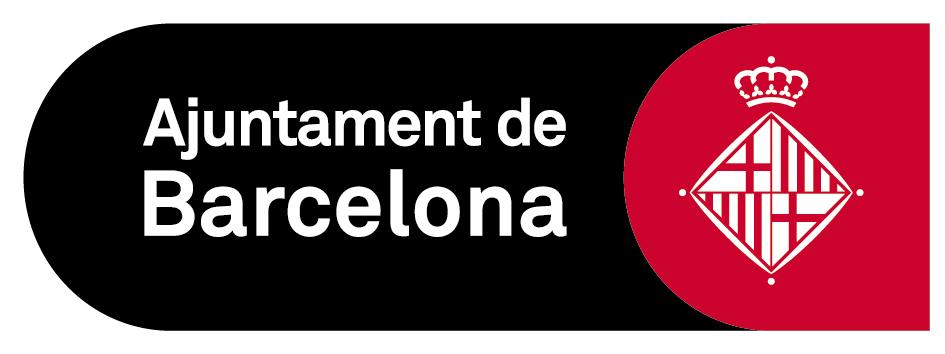Dossier
Sahrawi women are a pillar of resistance against Moroccan occupation
Western Sahara, natural resources and international law rules against Morocco
Western Sahara is a vast country located in Northwestern Africa, bordered by Algeria to the east, Mauritania to the south, Morocco to the north, and the Atlantic Ocean to the west, with an area of about 266,000 km2 and an estimated population of 597,339, according to UN data.
It is part of the UN list of Non-Self-Governing Territories pending decolonisation. It is the last colony in Africa: all United Nations resolutions, and international law in general, endorse the exercise of the right to self-determination of its people. This right is defended by the African Union, of which the Sahrawi Arab Democratic Republic (SADR) is a founding member and is headed by the Polisario Front, which is recognised by the AU as the legitimate government in exile.
The occupied Western Sahara is often misrepresented as an empty desert, although the territory does in fact boast rich resources, and a 700-kilometre-long Atlantic coast of strategic importance. This territory has one of the richest fishing waters in the world, which are currently being illegally exploited by Morocco and certain members of the European Union. The Western Sahara’s natural resources also extend to impressive mineral deposits. Valuable minerals such as iron ore, titanium oxide, vanadium, iron and, possibly, oil may be abundant throughout the territory. Its land possesses extremely rich phosphate reserves as well, and could become one of the largest exporters of phosphates in the world. Beyond the acknowledged riches of the land, the prospects of oil and natural gas discoveries in recent years have further complicated the resolution of the conflict.
The European Court of Justice (ECJ) reaffirmed that Morocco had no sovereignty over Western Sahara, and ruled that Western Sahara cannot be treated as a part of Morocco, meaning that the EU’s agreements with Morocco cannot cover the territory.
Despite UN resolutions and ECJ rulings, EU and Morocco violate the international law by keeping exploiting Western Sahara resources without any consultation from Sahrawis, who have been waiting for the implementation of the same law to self-determine their future.
In the Sahrawi people’s struggle, women are in the front
Western Sahara has been occupied by Morocco since 1975, after Spain pulled out and relinquished its claim as a colonial power over the territory. The Sahrawi people, who fought Spanish colonial oppression, were now forced to fight Moroccan occupation. They conducted an armed resistance struggle under the leadership of the Polisario Front until 1991, when the United Nations brokered a truce.
A UN-supervised referendum on the independence of Western Sahara was promised in 1991, but it was aborted by Morocco. The MINURSO, a UN peacekeeping mission that was mandated to organise the vote, has remained in the territory ever since, while Morocco built a 2,700 km-long, sand dangerous wall with landmines, dividing the Sahrawi land and the population so far into two parts: 80 percent controlled by Morocco, the remaining 20 percent liberated and managed by the Polisario Front.
“Finally, in 1991, the Moroccans and the Polisario Front independence movement signed a ceasefire. The two parties agreed to hold a referendum on national self-determination for the Sahrawis, we were so excited! …UN intervened to provide dignity and freedom to the Sahrawi people. It was the year of my release, no more war! Welcome to peace,” recalls Fatimatou Dahwar.
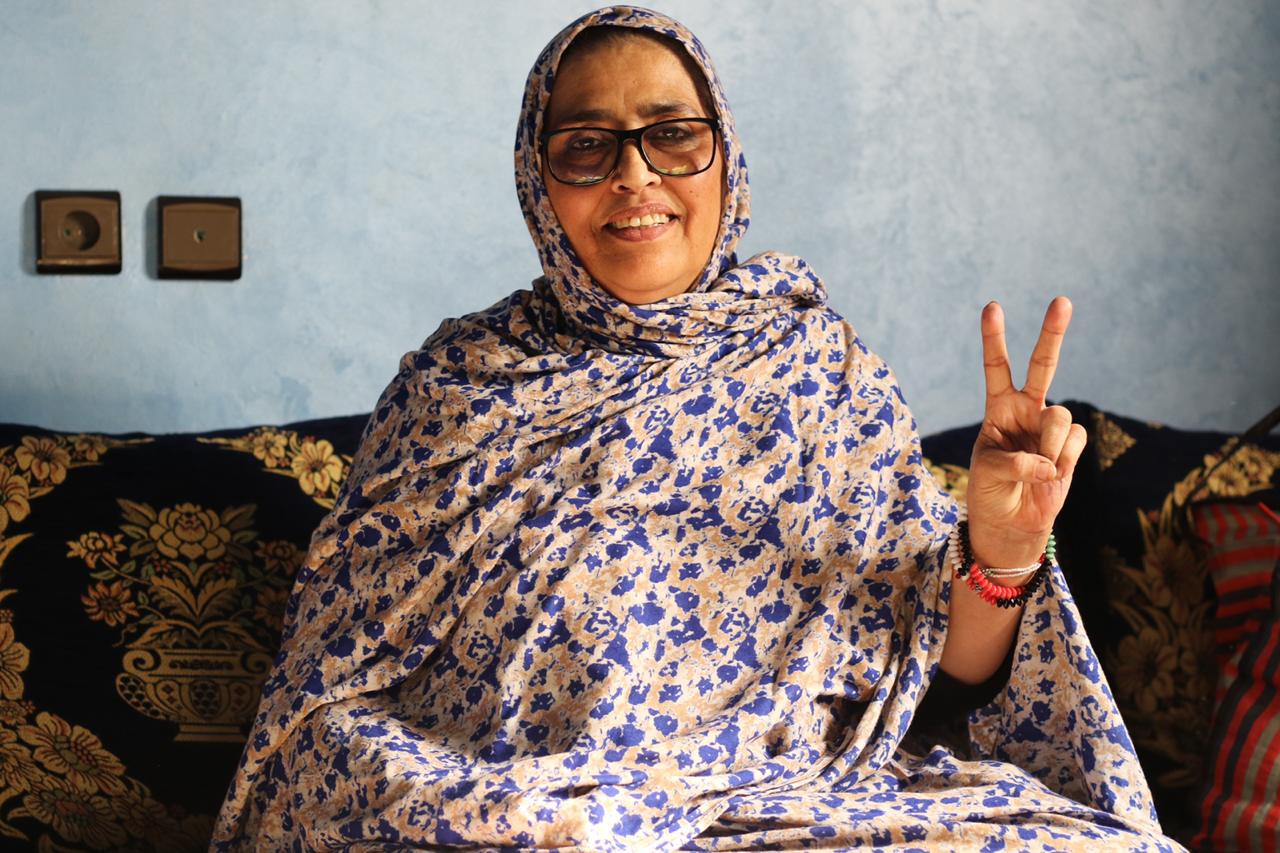 Fatimatou Dahwar, forced disappearance survivor, was kidnapped on 1975 and released in 1991. / Photo: Equipe Media
Fatimatou Dahwar, forced disappearance survivor, was kidnapped on 1975 and released in 1991. / Photo: Equipe MediaDahwar is a well-known human rights defender, and also victim of forced disappearance, torture, and ill-treatment during her contributions to the fight against the occupation.
In Laayoune, occupied Western Sahara, Sahrawi women gather in secret meetings inside houses to discuss their strategic plans to fight for the fundamental rights of the Sahrawi people through the peaceful struggle. They also share information regarding international developments related to Western Sahara issue.
Dahwar is one of the organisers of those meetings. She often chooses the place and the date for Sahrawi women to share their social problems and frustrations towards the international community, which procrastinates in finding a solution to their ongoing suffering.
“What should have been a straightforward case of decolonisation in the Western Sahara has become a conspicuous failure of the UN; mainly due to the disinclination of its most powerful members in the Security Council, chiefly the United States and France that vote against any mandate to the MINURSO to protect or to monitor Sahrawi human rights in the occupied territory that have been violated by the Moroccan state for more than four decades… We eventually stopped trusting the UN,” adds the 62 year-old woman, before telling us that she joined the Sahrawi struggle when she was very young.
“I got involved in the struggle at the age of 14, and it is the reason why I was kidnapped for 16 years,” she recalls. “It is true that 16 years have been taken away from my life that I have not lived, but still I never felt regretting a day or night I spent under torture, behind secret jails... Furthermore, I do not have any problem if this kidnapping against me is repeated again, because I am a person raised in an atmosphere of struggle, giving sacrifice for the sake of the homeland. 16 years passed as if it was a dream.” Why a dream? “Not because I did not feel tortured, insulted, flogged, given dirty eating, breathing stinking smells, or how the Moroccans manipulated our lives, and their psychological torture to us, or the deaths of my comrades under torture in front of my eyes… It is a dream because I deem it a little suffering compared to an entire unarmed people who still live without dignity at the mercy of an ruthless enemy.”
Dahwar stresses that, after she survived the kidnapping and after she incurred crimes against humanity committed by the Moroccan military during the war —rape of women, bombing and killing of innocents— she is now living through a reality of marginalisation, deprivation of all rights, and impoverishment of young Sahrawis who are thrown in prisons with fabricated charges, only to criminalise and to sentence them to dozens of years.
Resistance in the occupied territories
The resistance of the Sahrawi people does not have the same attention as other resistances around the world due to global ignorance, documentation difficulties and prevention of foreign media outlets to visit the occupied territories. Even though, much effort is given by local journalists and activists to shed light on the resistance of these people in general and of women in particular.
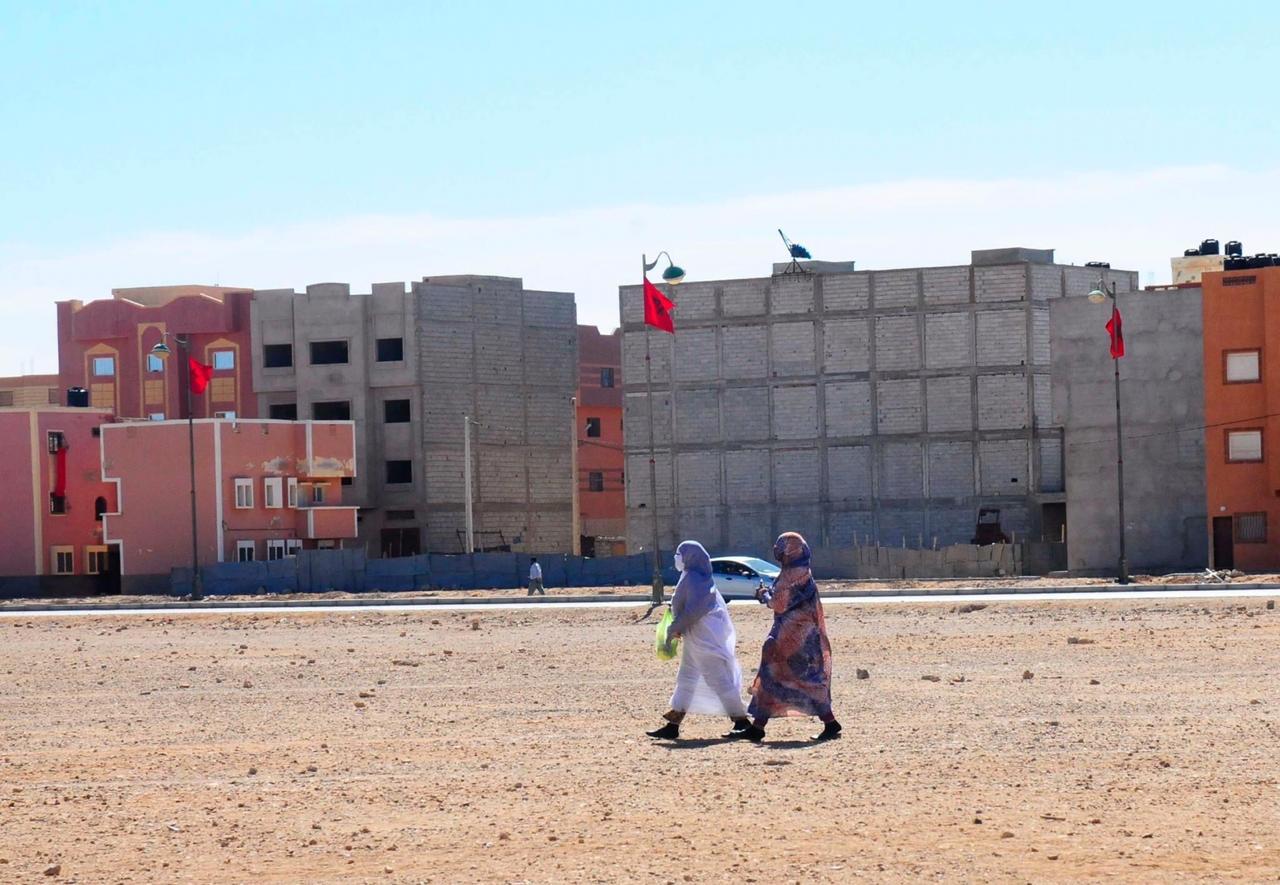 Two women in Laayoune. / Photo by Equipe Media
Two women in Laayoune. / Photo by Equipe MediaMaryem Bohalla, a young female activist, shares her concerns saying that the informative work in the occupied territories is totally restricted because of many reasons. The first reason is that Moroccan authorities continuously arrest media activists. Therefore, they are not comfortable and free to do their work in safe circumstances. The second reason is that there are few media groups: young volunteers that risk themselves to document the aggressive interventions of the Moroccan policemen against peaceful demonstrators, but unfortunately, their cameras do not manage to document the actual deed because of the danger of arrests and violence —they must hide when filming. These groups lack experience and have not received enough training in the field: they just found themselves in the middle of the struggle, obligated to document the violations. The third reason, she says, is the shortage of the necessary equipment required for better documentation.
The activist insists that no one is happy to live under occupation, where there is no justice or freedom but only violence, poverty and detention. Women sacrifice themselves to stop the systematic persecution against the Sahrawi and to put an end to the sufferance of the other part of the Sahrawi people, who live in the refugee camps. That is why, Bohalla goes on, the Sahrawi women chose to join the struggle for the independence in occupied territories, to guarantee a better future for the coming generation.
“Women who peacefully protest occupation in the streets are attacked and brutally beaten by the Moroccan police,” Bohalla decries. “They have no way to express their opinion, or to demand their basic right to self-determination. And if they do, they will be arrested, tortured and brought to trial as criminals, not as political prisoners. This is what happened to political female prisoner Mahfouda Lafkir, who was recently sentenced to six months in jail because of her political beliefs,” says Bohalla, further explaining that the Moroccan authorities continuously arrest women activists so they are not free and comfortable to do their work in safe circumstances. And despite this, nothing would stop Sahrawi women from resisting and representing their country. Human rights defender Aminatou Haidar —who has won the Right Livelihood Award in 2019— is an example of this.
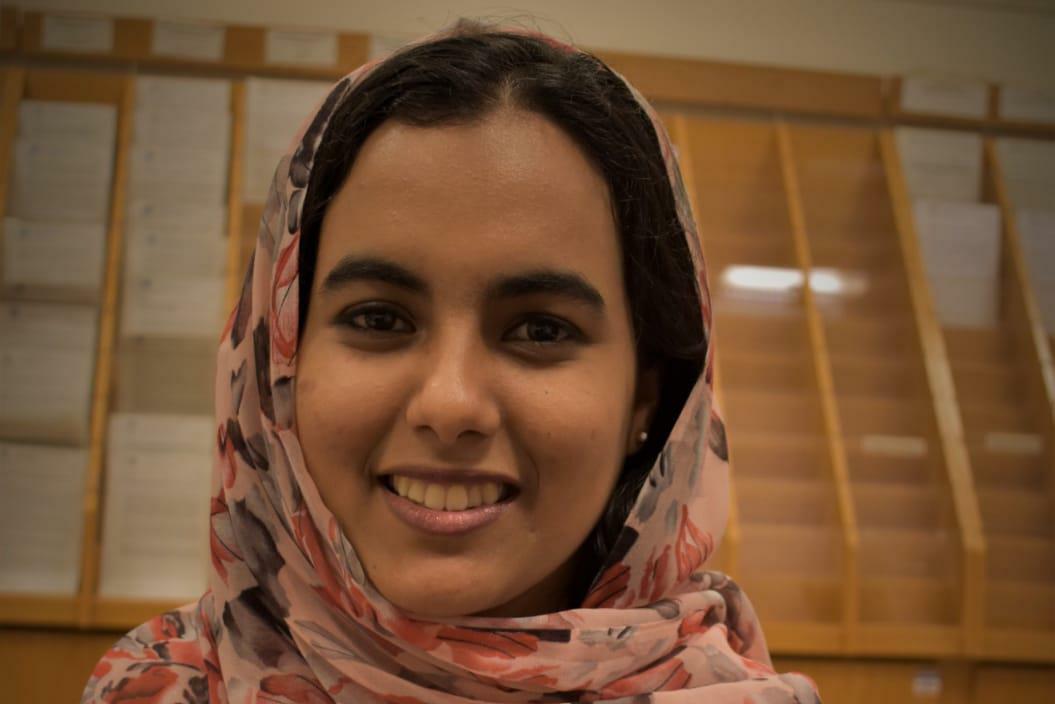 Maryem Bohalla, 24 year-old young women activist from Laayoune.
Maryem Bohalla, 24 year-old young women activist from Laayoune.Why Sahrawi women lead the resistance in the occupied territories
Sahrawi women in the occupied territories believe that they are capable to change the fact that Sahrawis have no space to express themselves, and the fact that Morocco continues its militarisation upon their cities, through peaceful resistance no matter the danger they might face. This stems from their belief in the justness of the rights they ask for. This is the reason behind the massive presence of women in the peaceful demonstrations.
Other Sahrawi female activists have told Nationalia that the main reason behind the courage of women today is what the global feminist movement has achieved, and how it exerts a kind of pressure on patriarchal regimes. Thus, a woman can feel that her voice will be heard one day, if not by powerful patriarchal regimes, by feminists who can feel the real tragedy of women and can make her life better.
The resistance in refugee camps
The life of Sahrawi women in the refugee camps in Tindouf (Algeria) is so much around service, struggle, and perseverance. Most Sahrawis believe that camps would be completely paralysed if it was not for the presence of women there, and all the work they do, and the amount of sacrifices they do on a daily to keep things going in the most organised ways. Most service done at the local and regional level are conducted by women, starting from food and water distribution to rising kids, teaching in schools, kindergartens, nursing, and most of the administration work in those institutions.
“Sahrawi women are among the most active around the world against oppression and fighting for the freedom of her people. Yet, we hardly see anything about them in the media, especially in very well known media of the kind of Al Jazeera or the BBC. There are some cover stories, but they are very limited and most of them do not really give any depth into the story,” says Najla Mohamedlamin, a human rights and climate activist in the camps.
Mohamedlamin notes that “there is a huge difference between the daily life of women in the first years of the formation of the Sahrawi camps and the war years, and today, which is basically of ‘no war, no peace’.”
During war time, in which men went to fight, women were really left alone in the camps. It was one of the fastest transitions of life: most women when they arrived here they lived a nomadic lifestyle. They hardly had any skills regarding modern living, let alone running institutions and such. Yet, they arrived tired and sick with so much trauma, but they embarked to run the camps and build the reality we see today in the five refugee camps: Sahrawi women were the ones who built the camps.
Those days consisted of so much labour, such us building houses, schools, and hospitals, sewing, crafting, group cooking, group cleaning, teaching, and lots of political activities including political awareness and education. All of these were done by women, even if they were married and had children that they were taking care of. Another fact is that the resources were very limited, and most of the things people needed were made by hand by those women, or they needed to find other solutions.
Sahrawi women today, while still living in the camps with limited resources, are definitely more privileged than those who arrived here the year after the invasion in 1976. “We have more schools, more tools to use for teaching, more doctors, and nurses; men are not in the war, so they are taking major responsibilities in the leadership. This makes less work for women,” says Mohamedlamin.
The Sahrawi women in the camps have a strong conscience regarding freedom and dignity. However, they think the freedom that women must have is pretty much tied to the freedom of their people and their land.
Women in the camps are relatively free when it comes to personal freedom and rights regarding work, marriage, or education, but there is always space for improvement in all areas.
“Every woman from my mother’s generation and older have experienced the feeling of the Sahrawi people and all the suffering and pain that they all endured for the sake of freedom and independence. I see freedom as a personal level, as freedom regarding the affiliation of our homeland and the political representation that we choose, as well as ownership of the land. I think the future of freedom for Sahrawi women is bright. I believe that every Sahrawi woman knows the value of those rights, and had given everything to achieve them. If we achieve our independence, Sahrawi women will play a very big role in shifting politics and economics of our future country,” Mohamedlamin believes.
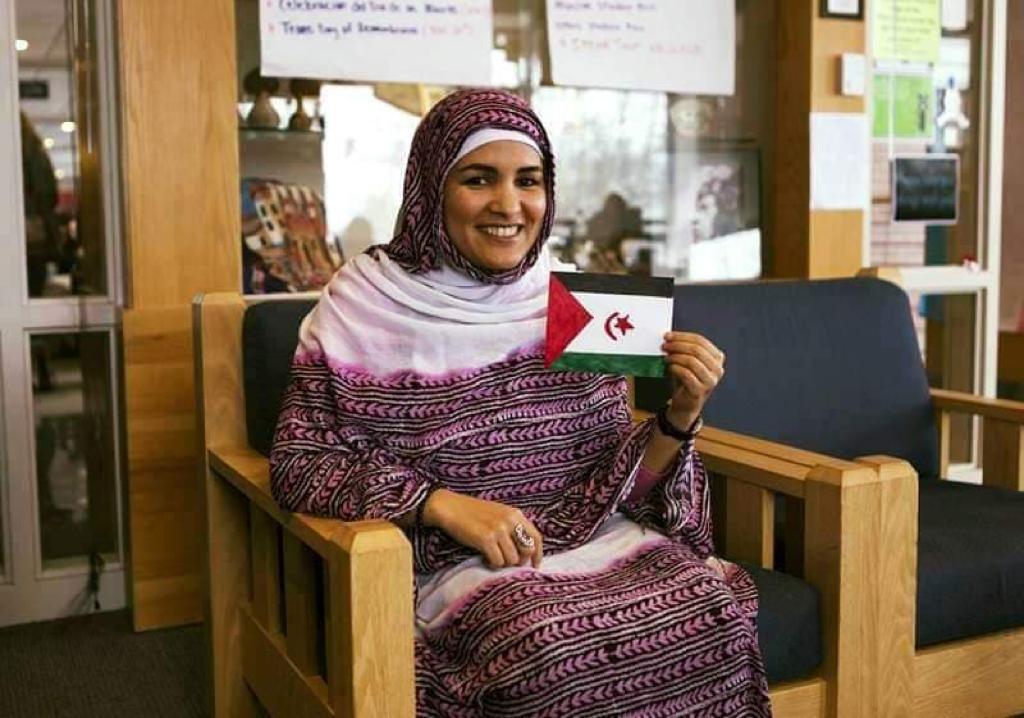 Najla Mohamedlamin, human rights and climate activist based in the refugee camps. She is currently majoring in sustainable development and women studies. She is also the founder of the Almasar library center for kids and women.
Najla Mohamedlamin, human rights and climate activist based in the refugee camps. She is currently majoring in sustainable development and women studies. She is also the founder of the Almasar library center for kids and women.Sahrawi feminism struggle in diaspora
The occupation of Western Sahara led to different populations within the Sahrawi people to leave for different countries. They are Sahrawis that, after being born and grown up in Europe, usually manage to get better conditions of life if compared to the ones in refugee camps or in the occupied territories.
Feminist activist Nasra Mah Iahdih Said shares with us about her life in Spain: “I fight against racism in Spain where I am living. In the meantime, I face the consequences of my feminist work from my society. I am absolutely absorbed by the capitalist system as well, which prevents me from developing,” she says.
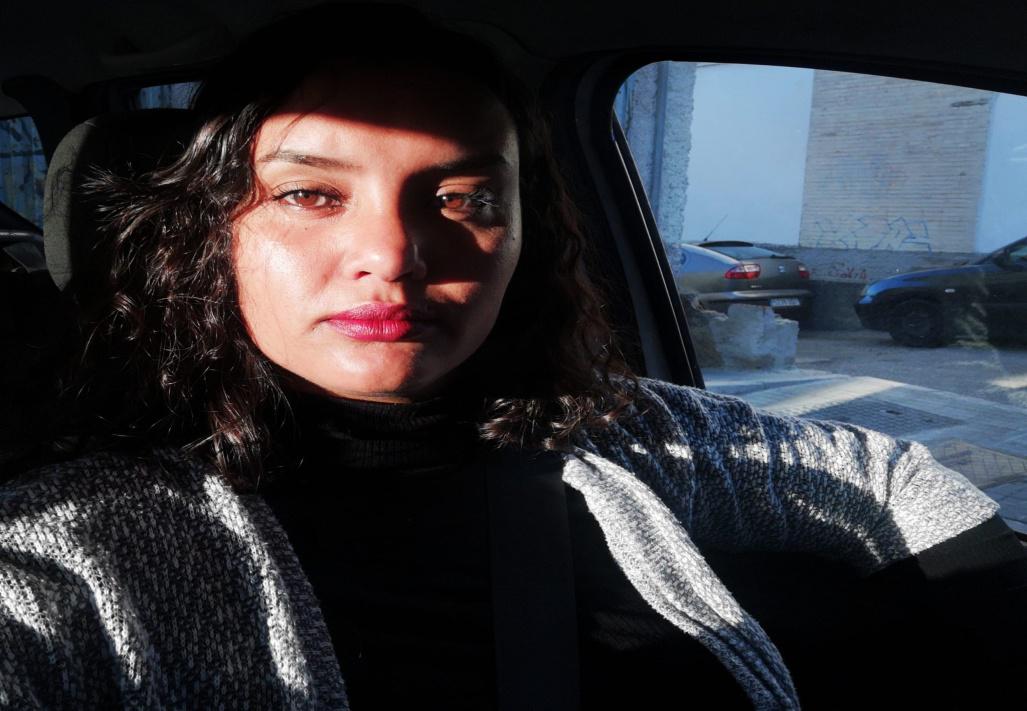 Nasra Mah Iahdih Said, 26 year old feminist living and studying Law at university in Andalusia.
Nasra Mah Iahdih Said, 26 year old feminist living and studying Law at university in Andalusia.Sahrawi feminists argue that, without feminism, their struggle has no meaning, asking themselves how can we demand freedom from the occupation while Sahrawi women are still controlled by the social authority.
“My main activism is to make women reflect on oppressions by the patriarchal system and to spread the feminist theory, to awaken feminist consciousness,” Mah Ihdih Said says, mentioning that her struggle is widespread in Europe: “I denounce the misogyny suffered by women who live in Europe and [by] those who come from very religious societies. All this work, day by day, has not made me forget where I come from or the Sahrawi cause. In fact, I struggle for the freedom of Sahrawi women because I believe that this is the real way that will allow the liberation of our land.”
With support from:

With support from the Agència Catalana
de Cooperació al Desenvolupament
and the Departament de Treball,
Afers Socials i Famílies
